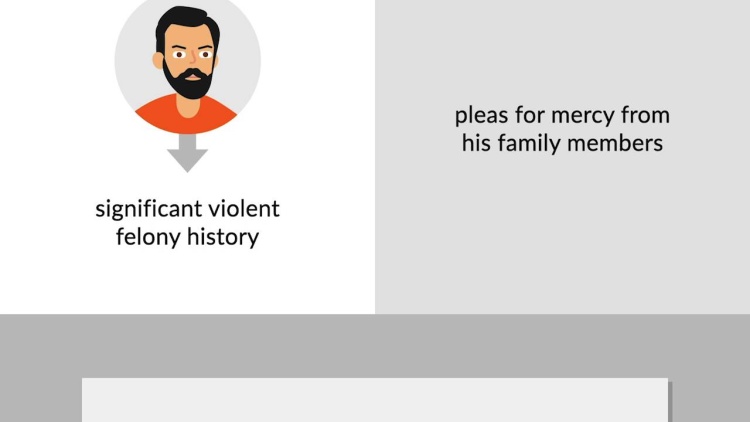Rompilla v. Beard
United States Supreme Court
545 U.S. 374, 125 S.Ct. 2456, 162 L.Ed.2d 360 (2005)
- Written by Shelby Crawford, JD
Facts
Rompilla (plaintiff) was convicted of murder. At sentencing, the prosecution introduced evidence of Rompilla’s prior felony convictions as aggravating factors to justify imposing the death penalty. The defense presented testimony from family members as mitigating evidence. Rompilla’s lawyers had interviewed Rompilla and his family members to search for mitigating factors. The jury sentenced Rompilla to death. The state supreme court affirmed the conviction and death sentence. Rompilla obtained new lawyers and filed an ineffective assistance of counsel claim, arguing that his trial lawyers failed to present several mitigating factors. The court found that Rompilla’s trial lawyers had done reasonable research regarding mitigating factors. Rompilla petitioned for a writ of habeas corpus in federal district court. The federal district court held that the state supreme court had misapplied the standard for ineffective assistance of counsel as set out in Strickland v. Washington, 466 U.S. 668 (1984). Under Strickland, ineffective assistance is deficient performance by counsel that results in prejudice. The federal court granted Rompilla relief for ineffective assistance of counsel. The United States Court of Appeals for the Third Circuit reversed and held that the trial lawyers used reasonable efforts to uncover mitigating factors. The United States Supreme Court granted certiorari.
Rule of Law
Issue
Holding and Reasoning (Souter, J.)
Dissent (Kennedy, J.)
What to do next…
Here's why 904,000 law students have relied on our case briefs:
- Written by law professors and practitioners, not other law students. 47,100 briefs, keyed to 995 casebooks. Top-notch customer support.
- The right amount of information, includes the facts, issues, rule of law, holding and reasoning, and any concurrences and dissents.
- Access in your classes, works on your mobile and tablet. Massive library of related video lessons and high quality multiple-choice questions.
- Easy to use, uniform format for every case brief. Written in plain English, not in legalese. Our briefs summarize and simplify; they don’t just repeat the court’s language.





